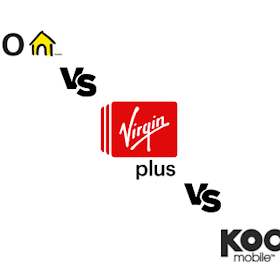
Before you upload that time-lapse video capturing the growth of your exaggerated Snidely Whiplash moustache, you may want to reconsider where you post it.
Twitter's video app Vine is quickly being crushed by snap-sharing favorite Instagram as the pick of the platforms for viewing and posting short-and-sweet video content.
Although it's been less than a month since Instagram enabled users to share video, downloads of the Vine app have decreased at an unexpected rate – showing just how quickly fortunes can change in the digital market.
Prior to Instagram’s introduction of video on June 20, Vine was enjoying a lengthy stay in the Top 10 most-downloaded free apps for iPhone in the US; it had been at number one as late as the 13 of June, and was still the App Store's third most popular download when Instagram launched its video feature.
However, by July 7, Vine had dropped to number 17 in the US, and also began to struggle internationally. The app went from number 7 to number 21 in the UK, and in the huge South American market of Brazil, fell from 16th place all the way to number 86.
The number of shared Vine links posted on Twitter has also declined alarmingly - from 2.5 million on June 19, to 1.5 million on the 20th - a fall of one million posts in the 24 hours after Instagram added video sharing.
Vine links on Twitter have continued to drop, with the current number of videos posted daily being around a third of the average amount prior to June 20.
Too late to update?
In an effort to woo back users, Vine released an iOS update on July 3, with a number of new features.
The app now allows users to ‘revine’ or repost video to all their followers – a feature that, while initially was seen as a great way for a video to receive wider exposure, has inadvertently started a backlash.
Vine-ers seem unimpressed with their video stream being clogged with posts from strangers instead of their friends - and as it’s a feature that can’t be disabled, reviews on Vine’s App Store page have been less than favorable.
Also new to Vine is an improved camera and video capture tools, and the addition of 15 new channels (including ‘Cats’, which, being the Internet, should have been the first channel Vine created).
Unfortunately, instead of providing even a temporary boost in downloads, the app update failed to stop Vine’s slide down the App store charts.
Vine vs. Instagram: how are they different?
Despite both offering basically the same service to users, there are a few key differences between Vine and ‘Instavideo’. Instagram users can create videos up to fifteen seconds long, as opposed to Vine’s six-second time limit.
Instagram also has filtering options and makes videos easier to edit, and allows greater flexibility as to where users can share their mini-movies.
Vine, however, does make it easy for users to post directly to Twitter, and the ability to set video to a loop makes for some appealingly GIF-able creations.
Overall, Instagram appears to have a lot more mainstream appeal than its rival - which makes sense for an app owned by Facebook.
While most Instagrammers will use the video option to make moving versions of what they were already posting as photos, Vine is being credited as an outlet for more ‘creative’ film-making.
Although Vine is unlikely to go the way of Friendster, it will need to pull something really unique out of the bag if it wants to reclaim its position as the top app for sharing video.
Related Articles
Find Better Phones and Plans
Hundreds of cell phone plans unpacked. All the facts. No surprises.




































